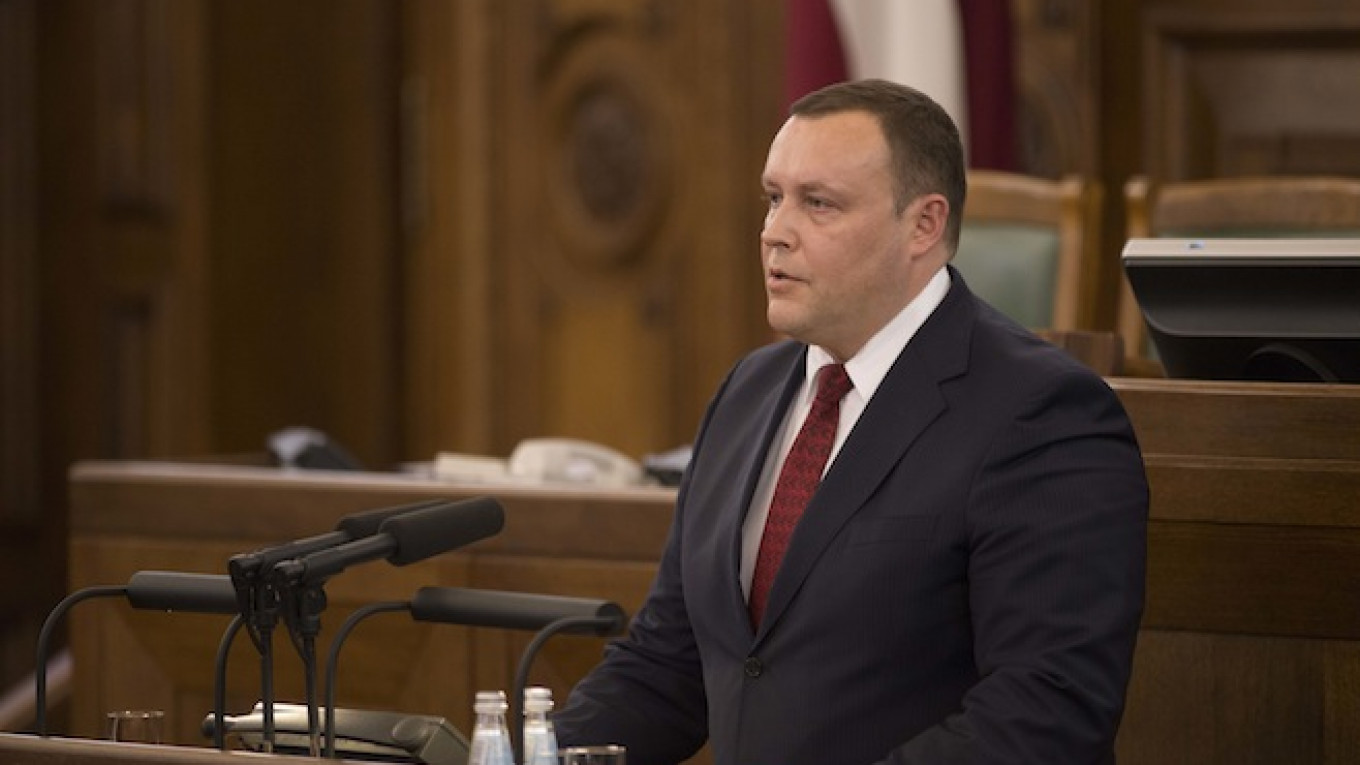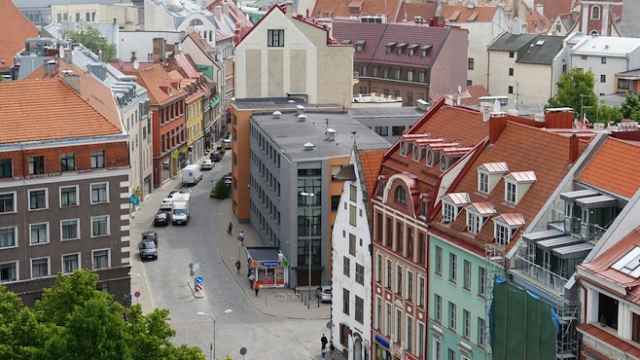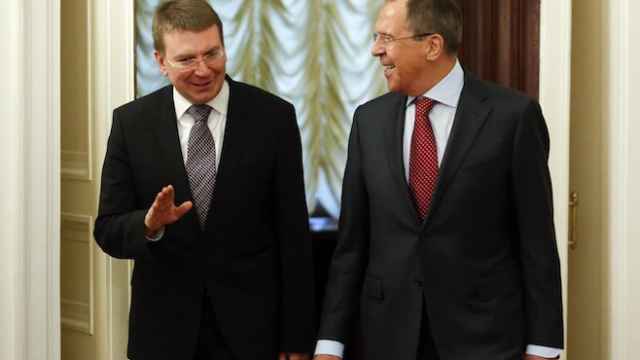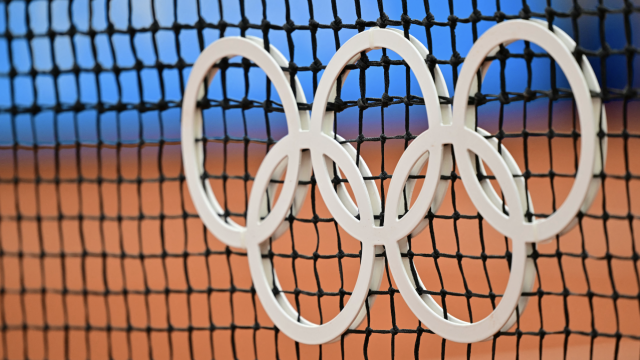Latvia's security is at risk from Russian-funded advocacy groups waging "information war" that suggests the Baltic state is persecuting its Russian minority, its interior minister said in an interview.
Latvia and neighboring Estonia and Lithuania, all part of the Soviet Union until 1991, are wary about their newly assertive giant neighbor Russia, which has long complained the rights of ethnic Russians are being undermined in the Baltics.
Tensions have increased over Russia's perceived support for Russian-speaking separatists in Ukraine. A quarter of the population in Latvia, which like Lithuania and Estonia is a European Union member state, is ethnic Russian.
"If we talk about domestic security, then one of the threats is the information war ... in media," Interior Minister Rihards Kozlovskis said Wednesday.
"A number of organizations use funding from the Russian state to spread the idea that Russian speakers are discriminated against and fascism is resurging in Latvia," Kozlovskis said. Such accusations, he added, are unfounded.
He said that to spread the idea of a threat to the Russian-speaking minority, certain non-governmental groups had changed their rhetoric in recent years from promoting cooperation between Russian minorities in different countries to focusing on the rights of Russian minorities.
The minister was talking ahead of the annual March 16 parade when Latvians who fought in the local unit of Nazi Germany's Waffen SS march through Riga's old town, an event contested by, among others, many Russian-speaking Latvians.
Last year's march passed off peacefully.
Latvia's security police chief said this week he had information that Russia's Foundation for Supporting and Protecting the Rights of Compatriots Living Abroad, established in 2011, had granted 25,000 euro ($26,540) to an organization to organize events that would counter Monday's march.
Latvia, also a NATO member, has said that strengthening its borders is a priority. It is in talks with the United States, which has been sending tanks and troops to the Baltics for training in the past year, about Washington providing equipment that would improve border controls.
"We have identified areas where we could use their support. It concerns the use of more technology for border control, such as video surveillance and sensors, as well as support to increase the mobility of border guards," Kozlovskis said.
This would be part of a $1 billion initiative to support and train the armed forces of NATO states on Russia's borders.
A Message from The Moscow Times:
Dear readers,
We are facing unprecedented challenges. Russia's Prosecutor General's Office has designated The Moscow Times as an "undesirable" organization, criminalizing our work and putting our staff at risk of prosecution. This follows our earlier unjust labeling as a "foreign agent."
These actions are direct attempts to silence independent journalism in Russia. The authorities claim our work "discredits the decisions of the Russian leadership." We see things differently: we strive to provide accurate, unbiased reporting on Russia.
We, the journalists of The Moscow Times, refuse to be silenced. But to continue our work, we need your help.
Your support, no matter how small, makes a world of difference. If you can, please support us monthly starting from just $2. It's quick to set up, and every contribution makes a significant impact.
By supporting The Moscow Times, you're defending open, independent journalism in the face of repression. Thank you for standing with us.
Remind me later.







